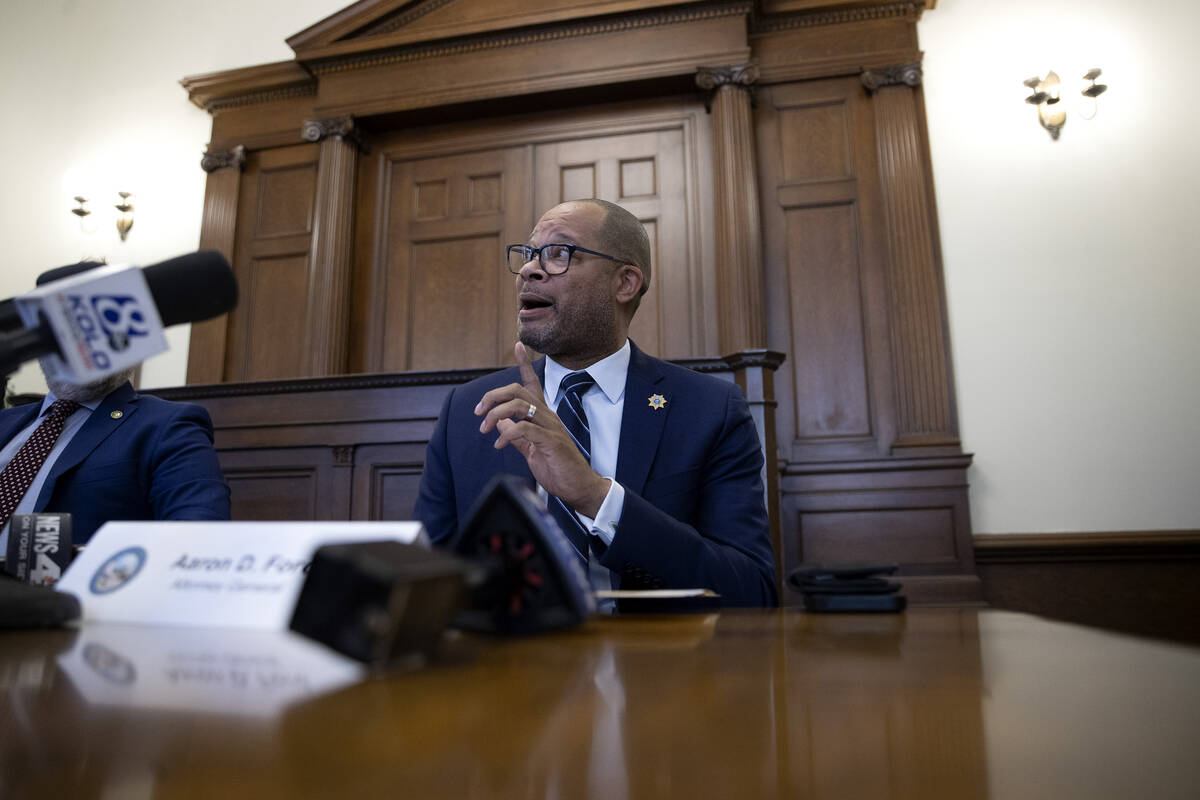A warning for those with student debt as repayments resume
Attorney General Aaron Ford warned Nevadans on Friday of student loan scams as the COVID-19-era repayment pause ends in October.
“The continuance of student loan repayments can leave uninformed borrowers vulnerable as they navigate through the loan repayment process,” Ford said in a statement. “Scammers, unfortunately, will use these changes to develop schemes to swindle borrowers out of money or personal identifying information.”
Ford’s office said people do not have to pay for help with federal student loans. The U.S Department of Education works with private companies to handle the billing and other services on borrowers’ federal loans.
The following loan services are free: lowering monthly payments, changing repayment plans, consolidating multiple federal student loans, postponing monthly payments while borrowers pursue further education or are unemployed, seeing if borrowers qualify for loan forgiveness and getting loans out of default, according to the attorney general’s office.
People have reported receiving phone calls, emails and other communications offering federal student loan relief, according to the attorney general’s office.
Fraudsters pretend to assist borrowers with determining their eligibility for student loan forgiveness for a fee, but those fraudulent companies can steal their money, damage their credit or make unauthorized changes to student loans, the attorney general’s office said.
One scam includes the Public Service Loan Forgiveness program, where perpetrators say they are student loan debt relief companies and pretend to assist with determining their eligibility for loan forgiveness for a fee. This is something the government offers for free, according to the attorney general’s office.
Some scammers may also promote a “special program” where a borrower can continue the pause on their loans for a “small fee.” They might ask for the borrower’s name, social security number and other personal information in order to steal from them.
The attorney general’s office advises student loan borrowers to never provide their personal information to someone without verifying they are legitimate.
Someone contacted by a debt relief company should not immediately engage with them. Instead, investigate the company and check what is available for free at Federal Student Aid.
Anyone who has been a victim of a student loan scam can file a complaint with the U.S. Department of Education as well as the Office of the Nevada Attorney General.
Contact Jessica Hill at jehill@reviewjournal.com.





























